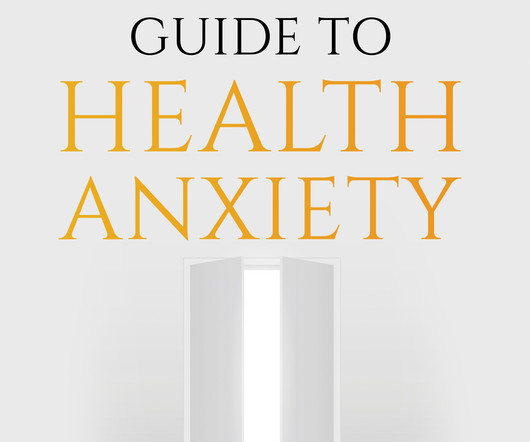Wunderink: Antipsychotics Can Be Tapered Safely Without Increasing Relapse Risk
Mad in America
MAY 20, 2024
A new article by psychosis researcher Lex Wunderink suggests that antipsychotic drugs can be safely and effectively tapered without increasing the risk of relapse. The keys, according to Wunderink, appear to be tapering more slowly than previously thought and involving the patient and family in personalized decision-making. “Many patients with psychosis want to discontinue their antipsychotic drugs due to serious side effects hampering their daily functioning in the long term.











Let's personalize your content